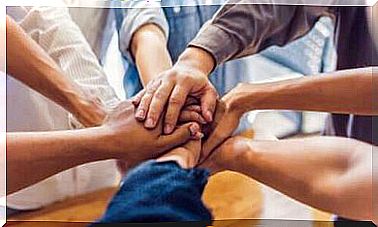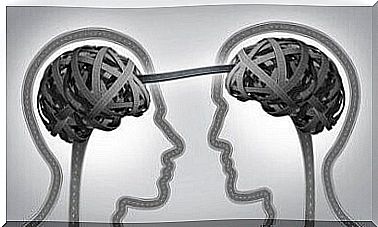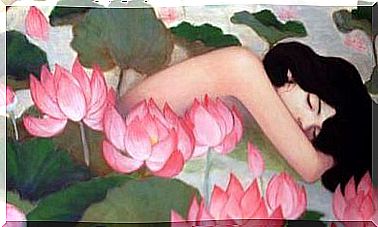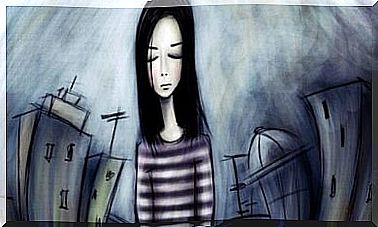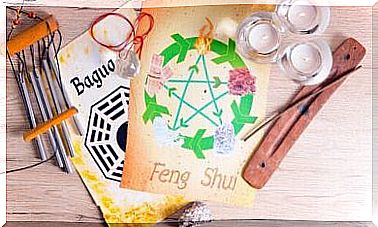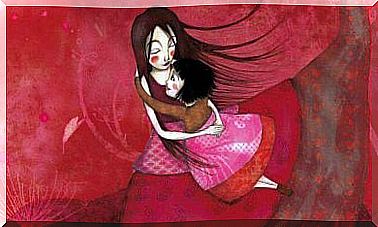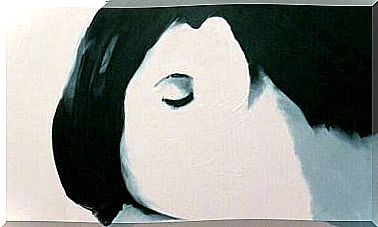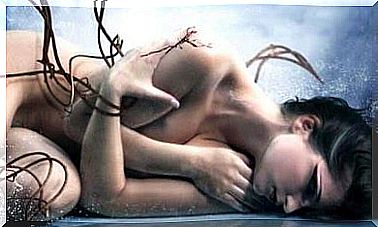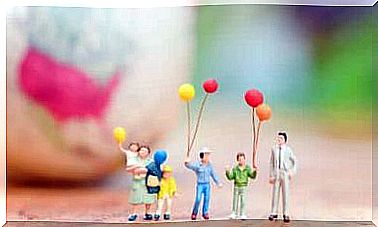Mother Hen Syndrome
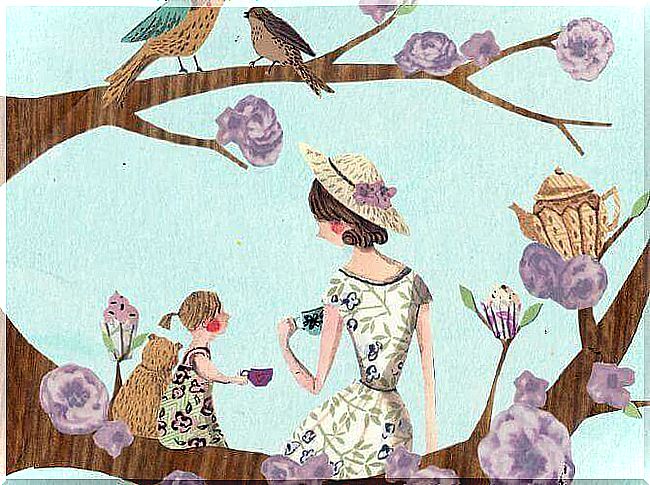
Most moms want the best for their children. However, this is sometimes not the case in exceptional situations usually involving serious pathologies.
The problem is, many mothers confuse what is good for their children with their own needs.
It is very common for mothers to die of fear over the fate of their children. How not to be afraid in a world full of dangers, ranging from a fall with a small scratch to unthinkable situations such as kidnappings or death due to a recently discovered virus?
The problem in itself is not the fear per se, but the strategy adopted to overcome it. A fearful mother can turn her fears into reasonable caution, but she can also succumb to her fears and become a “mother hen”.
The “mother hens”
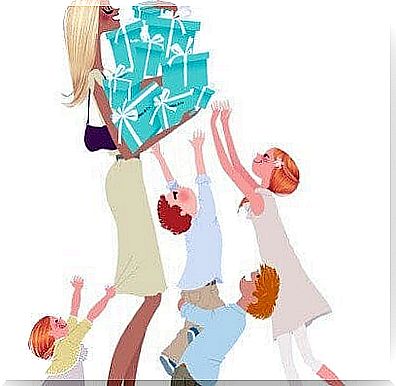
We call “mother hens” all mothers who like to keep their babies under their wings, warm. These mothers seek to spread a protective mantle that keeps them away from all the risks and dangers that may be present in this world.
Their conscious intention is perfectly understandable: they wish to prevent their young from going through unpleasant, even traumatic experiences.
They don’t want them exposed to difficult situations that could affect them physically or emotionally.
These mothers feel that their children are extremely fragile beings. Obviously, in general, all children are, because they have not yet fully reached their physical and psychological development and are therefore more vulnerable to multiple risks.
The “mother hen” therefore wants to ensure that no risk will reach her children.
One of the techniques that “mother hens” use is to constantly warn their children about the dangers of the world. “If you approach the stove, you can burn yourself”. “Be careful when playing with the ball, you could fall and break a bone”. “Don’t go out into the streets, there are people kidnapping children”.
So even if their intention is sweet, they eventually come up with a list of fears for children. They teach them to move around the world based on fear.
“Move” is a big word, since in the end they tend to encourage them not to move, because every situation is synonymous with risk.
As children grow older and demand more and more space to move around the world, “mother hens” become controlling and guilty.
They establish mechanisms to keep their children under constant surveillance and view their demands for autonomy as an assault on themselves.
The children of “mother hens”
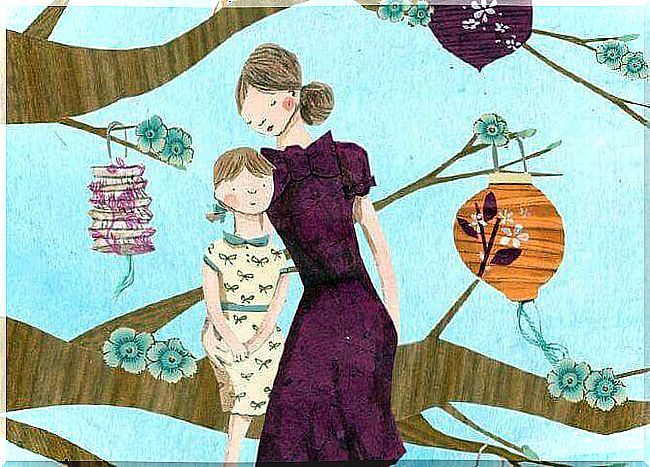
“Mother hens” think they are doing this in the best interests of their children. However, they have an idea of “happiness” which does not imply any setback.
They believe that if they manage to lead their children to adulthood without them having experienced suffering, they will have played a big role.
The problem is that the children of these types of mothers end up living quite the opposite. Indeed, they suffer from an excess of emotional tension due to the anxiety of their mother, who protects and warns them constantly, always imagining the worst situations.
So the children cannot benefit from anything. When they are small, they do not want to upset their mother and turn her warnings into obligations to be followed carefully.
If the relationship is not good or the mother’s demands become excessive, the opposite happens: the child will constantly defy dangers as a method of claiming independence.
Both the child passive by obedience and the child agitated by defiance eventually attract new problems. It is difficult for them to have confidence in themselves and to trust the world.
They fail to creatively adapt to difficult situations and explore the world with strong feelings of worry. It is very common for these children to become difficult adolescents over the years.
This is how a story is written in which no one wins. The mother, like the child, set up a relationship pattern that combines extreme dependence with episodes of sudden break-ups.
Guilt will be at the center of everything and none of the people involved will find peace.
“Mother hens” are characterized by their deep fear. They underestimate the capabilities of their children and project onto them their own sense of helplessness.
They do not understand that each human being is the master of his own life and that this life is made up of difficulties, problems and situations of risk and danger that we must all learn to overcome.
So what makes us adults is learning to overcome difficulties, mistakes and problems, because this will give us confidence in who we are and what we are capable of doing.
This is what makes the difference between an adult “chick” and a healthy, strong adult.
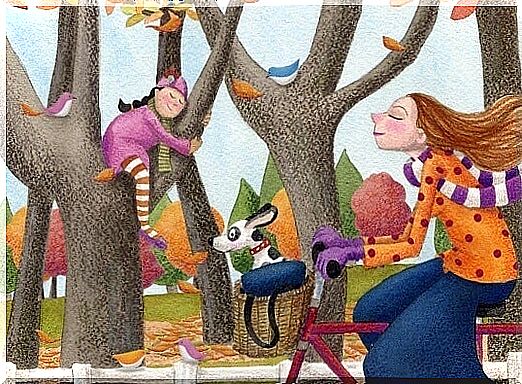
Images courtesy of Emma Block.
